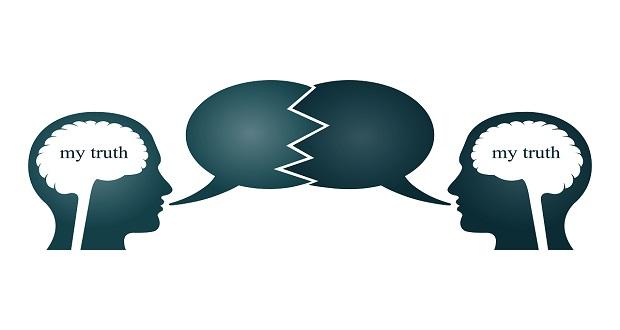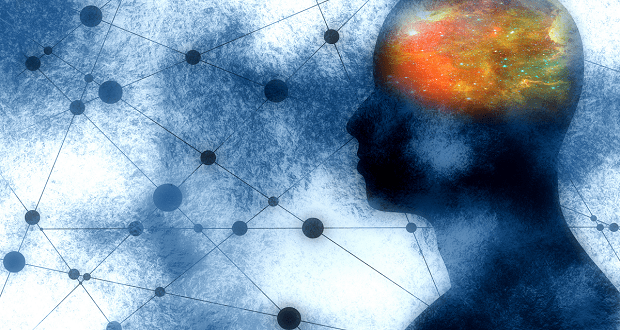
In exploring how we can decolonize DEI, we began having a parallel conversation about how we can decolonize ourselves. White supremacy doesn’t respect work-life boundaries, so it’s crucial that we unpack how we have internalized and been affected by it. My colleagues have explored how white supremacy affects them. How individualism, perfectionism, a constant sense of urgency, and a savior mentality are just a few of the countless ideals that perpetuate and reinforce white supremacy, both in the workplace and in everyday life.
How does white supremacy culture show up in how I live, lead, work, and interact with others?
It is everything.
I am exactly who is meant to benefit from the system. And I do, constantly.
How does white supremacy culture show up in how I live, lead, work, and interact with others? It is everything. I am exactly who is meant to benefit from the system. And I do, constantly. Click To Tweet
Take individualism, for example. It’s rewarded in white people, especially men, because we’ve created a system that presumes that we are all responsible for our own successes and our own failures. (Or, in more cliched words, that we all pulled ourselves up by our bootstraps. Never mind that my metaphorical bootstraps are an artisanal, hand-tanned leather, while Black, Indigenous, and people of color’s [BIPOC] are made of silly string.)
A white man who works alone, who sloughs off help and scoffs at teamwork, is a hard worker, a “go-getter.” An individualistic Black woman, on the other hand, risks being seen as “not a team player,” or someone “who just isn’t a good culture fit.”
Yet if a white man (read: me) rejects the very notion of rugged individualism, he expects, and almost always receives, applause for it—because he “values teamwork,” “knows how to lead,” and “is great at getting buy-in.”
Perfectionism? Well, I’ve often reminded myself that perfect is the enemy of good. Because for a white man, good is good enough. (A white man popularized that phrase, naturally.) For women and people of color, though, good enough isn’t perfect, and perfect is the only way to be good enough.
See how this works? White people—historically men—make the rules… and we don’t even bother following them. Because that’s not the point of white supremacy. The point is to remind everyone who’s on top.
White people—historically men—make the rules... and we don’t even bother following them. Because that’s not the point of white supremacy. The point is to remind everyone who’s on top. Click To TweetJames Baldwin once wrote of the Black American experience that:
It may have been the popular impulse to keep us at the bottom of the perpetually shifting and bewildered populace; but we were, on the other hand, almost personally indispensable to each of them, simply because, without us, they could never have been certain, in such a confusion, where the bottom was….
James Baldwin wrote that in 1957. 63 years later, the image of George Floyd being pinned to the ground and choked to death is a stark reminder that things haven’t actually changed that much. This isn’t an isolated incident. This officer is not just one bad apple. The whole systemic barrel is rotten.
That very same day, in a now-viral video, Amy Cooper, a white woman, weaponized her white privilege and intentionally, maliciously endangered a Black man because he had the audacity to ask her to leash her illegally roaming dog.
These weren’t accidents; these weren’t mistakes. They were intentional, crystal clear messages: you are on the bottom.
We’ve spent the last two months exploring how to decolonize DEI and, by extension, ourselves.
But what if you’re the colonizer?
Britain didn’t decolonize America during the Revolutionary War; America decolonized itself. There were the loyalists, who fought for the status quo; the patriots (née rebels), who fought for the freedoms they were being systematically denied; there were Britons, mostly merchants, who were against the war because it was detrimental to their economic viability. But there is scant evidence that there was anything resembling a British coalition that opposed colonization on moral grounds. Indeed, as historian and professor Stanley Weintraub notes:
They felt that the American colonists owed them a great deal for protection, for purveying their culture, for providing them with manufacturers. But what they didn’t say is that they prevented manufacturers from being made in American Colonies themselves; they wanted to keep the economy dependent on England.
This is the mindset that has been instilled in me from the moment of my birth. This is precisely analogous to white male privilege. It is also exactly what white men have to dismantle in themselves—what I have to dismantle in myself: the idea that the people we have oppressed for centuries owe us anything.
This is what white men have to dismantle in themselves—what I have to dismantle in myself: the idea that the people we have oppressed for centuries owe us anything. Click To TweetWe can’t decolonize ourselves, because we aren’t colonized. But we can fight alongside the patriots.
Mary-Frances Winters recently finished a forthcoming book called Black Fatigue, which I’ve been lucky enough to have read. It’s an insightful, wonderful book. It also made me acutely aware of one of the most important aspects of my white, male privilege: I am not exhausted; I am not fatigued.
This work isn’t as exhausting for me as it is for those who don’t have the privilege that I have. I’m not fatigued, not because of lack of caring or empathy, but because of the simple fact that I can jog in my neighborhood; I can call the police and reasonably expect a helpful, even pleasant, interaction; I can ask someone to leash their dog without knowing that I need to film it in order to absolve myself of wrongdoing.
Speaker, facilitator, and strategist Dana White said this week:
Being Black is not exhausting at all. White people are exhausting. That's what they do, exhaust others, exhaust resources, exhaust themselves in their obsession with dominance. Whiteness is exhaustion.
— Dana White (@ItsDanaWhite) May 26, 2020
BIPOC are exhausted. They are in the middle of winter in Valley Forge. And here I am, a redcoat eating like a king in British-occupied Philadelphia.
So, how does white supremacy culture show up in how I live, lead, work, and interact with others?
As complacency.
Because the honest-to-God truth of the matter is that, when it comes to fighting for equity and against racism, white men have energy to spare.
White supremacy shows up in how I live, lead, work, and interact as complacency. Because the honest-to-God truth of the matter is that, when it comes to fighting for equity and against racism, white men have energy to spare. Click To TweetSo I say this without any sense of righteousness, but rather through as much of an equity-centered lens as I am able (and also very much to myself): Hey white guys, if you’re not fatigued, then you’re just not trying hard enough.
Note 6/25/2020: I wrote this piece three weeks ago, and it wasn’t until early last week that I realized how egregious of an error I made in framing decolonization by using an analogy of the American Colonies without once recognizing that the original colonizers stole the land for the colonies from Indigenous peoples, and summarily began a centuries-long genocide that continues to this day. I considered updating or editing the piece, but in the spirit of naming white supremacy in ourselves, I feel it’s important to leave it as is. But to be perfectly clear: In a piece about naming white supremacy, I wrote from a white supremacist perspective. This is the insidious nature of living in a culture that centers whiteness above all. This is, at its core, what white supremacy is: socializing and normalizing the systems and structures that perpetuate a blindness to the perspectives of others. White people generally, and I in particular, must do better and work harder to decenter ourselves from these conversations. I, for my part, pledge to do so.

![Decolonizing Diversity, Equity, and Inclusion Work: … Means Naming White Supremacy Culture [In Ourselves] Part V](https://theinclusionsolution.me/wp-content/uploads/2020/05/decolonize-white-male-1280x640.jpg)

















